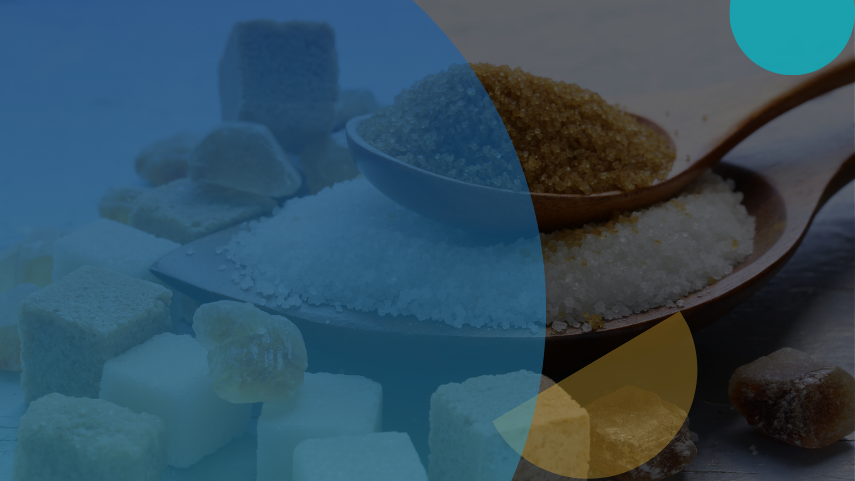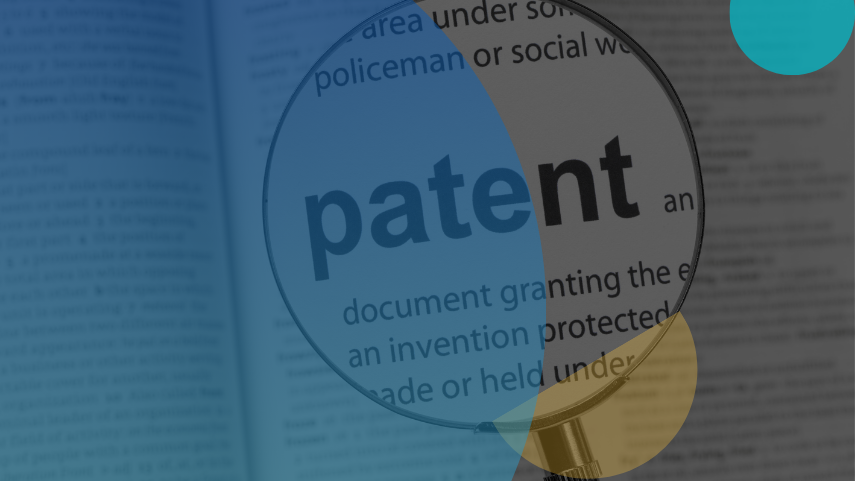
Need to Overcome the Regulatory Challenges in Sugar Reduction for the UK Market
Faced with the need to comply with the UK’s stringent sugar content regulations, the R&D team of a major food company sought a viable solution. The UK, being a significant market, required the company to achieve or exceed a 20% sugar reduction target to meet regulatory standards and maintain its market position.
Traditional sugar reduction methods, which often relied on artificial ingredients like polyols and high-intensity sweeteners, presented challenges in maintaining taste and texture. This led the team to explore enzymatic processes as a potential alternative.
Enzymatic sugar reduction technologies provided a method for converting sugars like sucrose and lactose into functional ingredients such as oligosaccharides and fiber. The team wanted to conduct a study to evaluate the feasibility and effectiveness of these technologies in achieving substantial sugar reduction while preserving product quality and consumer satisfaction.
Offering Enzymatic Solutions for Sugar Reduction in Juices
The R&D head received a carefully curated selection of two advanced solutions tailored to their product portfolio: Tropicana’s patented solution to reduce sugar content in juices by 10-70% and Lotte Chilsung Beverage’s patent-pending technology to reduce the sugar content by 80% in juices. Each option was thoroughly evaluated based on crucial criteria, including regulatory clearances, technology readiness, application expertise, existing partnerships, and geographical availability. This rigorous screening process highlighted potential challenges and strategic opportunities for smooth implementation.
With this refined list of recommended enzymes and suppliers, the R&D team gained a clear path forward. This enabled them to implement sugar reduction strategies effectively while addressing potential challenges and ensuring alignment with market demands.
Key Findings from the Analysis
The analysis of enzymatic sugar reduction technologies highlighted multiple innovations, which included:
Tropicana’s Patented Sugar Reduction Method
This approach utilizes dextransucrase and fructosyltransferase to produce nutrient-dense, low-calorie juices. The process involves treating juice with invertase to break down sucrose, followed by filtering and applying glucosyltransferase and fructosyltransferase to transform sugars into non-digestible oligosaccharides. This method can reduce sugar content by 10-70% and is suitable for both fruit and vegetable juices.
Lotte Chilsung Beverage’s Patent-Pending Technology
Lotte Chilsung’s method converts sugars in orange juice into fructooligosaccharides using enzymes like fructosyltransferase, transglucosidase, or isomerase. The process, which involves fermentation at 25°C to 60°C, reduces sugar content by 45-80% while increasing beneficial fructooligosaccharides, making it highly effective for fruit juices.
Search Process- How did GreyB Help?
Investigating the Scientific Intelligence
The process started with an in-depth review of enzymatic technologies, including key patents, applications, and research articles. This established a clear understanding of the latest advancements and trends in the field.
Market Landscape Analysis
An analysis of the market landscape was conducted, examining product literature, competitor activity, and emerging opportunities. These insights were crucial for guiding informed decision-making.
Technology and Supplier Evaluation
The team assessed enzymatic technologies and suppliers based on technology readiness, regulatory approvals, and market availability. This evaluation helped identify the most suitable partnership options and future technology adoption.
Achieving significant sugar reductions while maintaining product quality requires a thorough understanding of enzymatic technologies and the right strategic partnerships. Companies often encounter challenges in:
- Identifying the most effective enzymatic solutions for their specific products.
- Evaluating the impact of these technologies on taste, texture, and consumer acceptance.
- Securing partnerships that align with innovation and sustainability goals.
If you’re interested in implementing customized sugar reduction strategies but need expert guidance to evaluate the best options, fill out the form below to connect with our specialists today.






